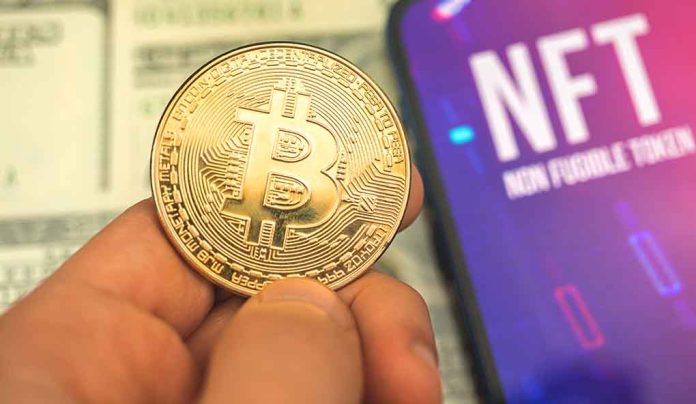
U.S. Treasury delivers crushing blow to the Karen National Army, exposing a $4 billion international crypto scam that defrauded countless victims through sophisticated “pig butchering” schemes operated from remote compounds in Burma.
Key Takeaways
- The Karen National Army, a Burmese militia, has been sanctioned for orchestrating massive cryptocurrency fraud schemes that targeted victims through dating apps and social media.
- The schemes involved “pig butchering” tactics where scammers built relationships with victims before convincing them to invest in fake crypto projects, then disappearing with their money.
- Cambodia-based Huione Group has been designated a “primary money laundering concern” for processing over $4 billion in illicit funds between 2021-2025.
- Huione developed USDH, a stablecoin specifically designed to evade law enforcement by being resistant to freezing.
- The Treasury’s action represents a significant step in combating the growing trend of militarized crypto fraud operations in Southeast Asia.
Treasury Department Strikes Against Militant Crypto Fraud
The U.S. Treasury has taken decisive action against the Karen National Army (KNA), a militia group from Burma, for conducting elaborate cryptocurrency fraud operations. The sanctions come after investigations revealed the KNA has been running “pig butchering” scams, targeting unsuspecting victims through dating applications and social media platforms. These sophisticated schemes involve building fake relationships with victims before convincing them to invest in fraudulent cryptocurrency projects, ultimately stealing substantial amounts of money once trust has been established. The military group has effectively weaponized social engineering tactics to fund their operations at the expense of innocent individuals.
The KNA’s fraud operation represents an alarming trend of militarized criminal enterprises using cryptocurrency to evade traditional financial restrictions. Treasury officials have determined that the militia has established dedicated compounds where workers systematically conduct these fraudulent operations. This infrastructure demonstrates the industrial scale of the scheme, with organized teams working to identify targets, build relationships, and execute financial fraud with military precision. The sanctions aim to disrupt this revenue stream that has likely funded militant activities throughout the region.
— dan linnaeus (@DanLinnaeus) May 17, 2024
Cambodia’s Huione Group: The Money Laundering Operation
At the center of the laundering operation sits the Huione Group, a Cambodia-based organization now designated as a “primary money laundering concern” under the USA PATRIOT Act. Treasury investigations revealed Huione processed over $4 billion in illicit funds between August 2021 and January 2025. The designation represents one of the most severe actions available to U.S. financial authorities, effectively cutting off Huione from the U.S. financial system. This network operated various front businesses, including Huione Pay and Huione Crypto, along with a black market operation on Telegram rebranded as “Haowang Guarantee,” all designed to obscure the movement of illicit funds.
The Huione Group’s activities extend beyond just processing funds for the Karen National Army. Evidence indicates the organization has also laundered stolen cryptocurrency assets for North Korea’s notorious Lazarus Group, a state-sponsored hacking collective responsible for numerous high-profile crypto heists. This connection highlights the concerning international network of criminal enterprises collaborating to move illicit funds across borders. The Treasury’s action represents a critical step in disrupting these cross-border criminal financial networks that threaten American financial security and international stability.
Evading Law Enforcement Through Custom Cryptocurrency
In a particularly concerning development, the Financial Crimes Enforcement Network (FinCEN) has identified USDH, a stablecoin created and operated by Huoine Group, as specifically designed to circumvent law enforcement actions. Unlike traditional cryptocurrencies or stablecoins that can be frozen or tracked, USDH incorporates features that make it resistant to traditional asset freezing mechanisms. This represents a deliberate attempt to create financial infrastructure designed specifically for criminal use, allowing those engaged in fraud to convert their stolen assets into a form that remains accessible despite law enforcement awareness.
The Treasury’s sanctions demonstrate President Trump’s administration’s commitment to protecting Americans from sophisticated international financial crimes. By targeting both the operators of the fraud schemes and their money laundering infrastructure, these actions strike at the entire criminal ecosystem. The designation of the Huione Group as a primary money laundering concern effectively isolates these bad actors from the legitimate financial system, making it significantly more difficult for them to process their ill-gotten gains or continue their operations at previous scales.



